
Temperatures across Türkiye have soared this week, reaching over 40 degrees Celsius (104 degrees Fahrenheit) in several provinces, including tourist hubs along the Aegean and Mediterranean coasts.
With holidaymakers arriving in high numbers and summer conditions becoming more intense, many visitors are finding the heat overwhelming. Tourists and expats are especially vulnerable to dehydration, sunburn, and heatstroke if they are unprepared.
Public health authorities, emergency responders, and climate experts continue to issue safety reminders.
Here are five effective and medically recommended ways to stay safe during your trip, along with one essential bonus tip to prepare for emergencies.
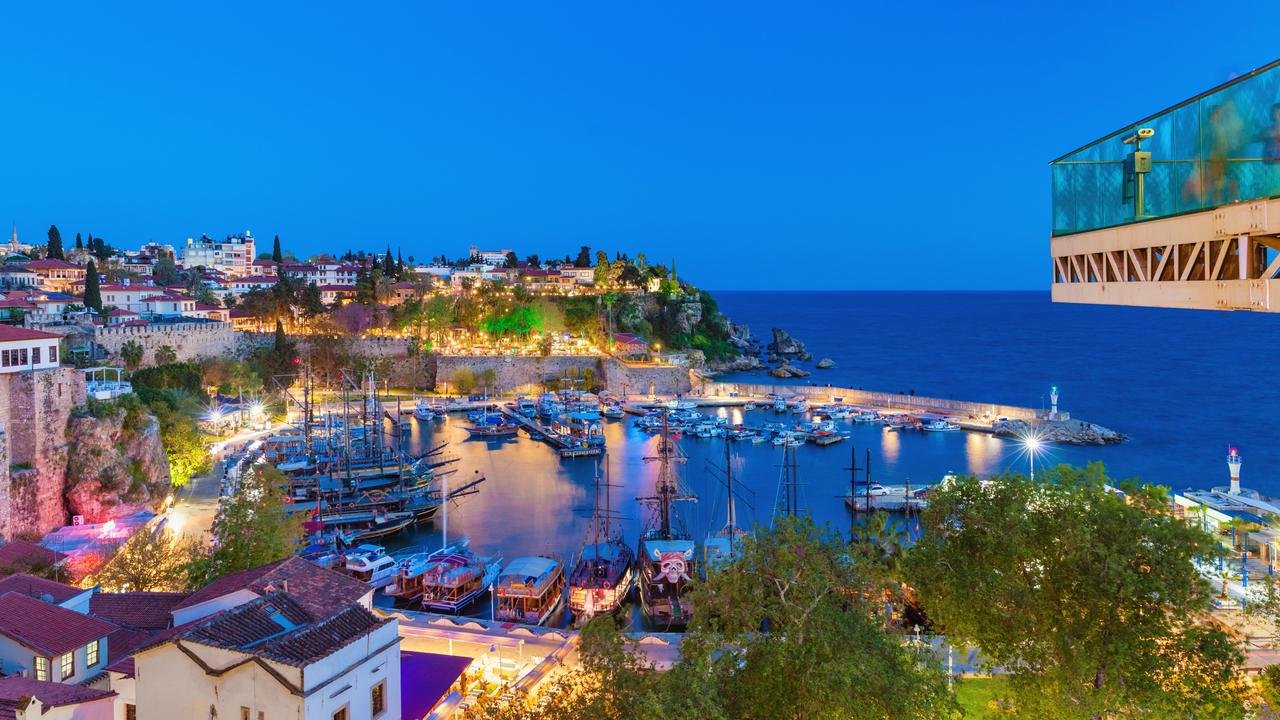
The hottest time of day in Türkiye generally falls between 12 p.m. and 4 p.m. During this window, sun exposure should be avoided as much as possible.
This is not just about comfort but about protecting yourself from potential heat exhaustion or heatstroke. According to the World Health Organization (WHO) and Türkiye’s health experts, staying indoors or in shaded, cool areas during peak sun hours can reduce your risk of serious health problems.
If you are outdoors during this time:
Locals in many parts of Türkiye follow a more relaxed pace during peak heat hours. Some shops and restaurants operate on adjusted schedules, offering a natural model for pacing your own plans. Use this time to rest, eat lightly, or plan your next destination.
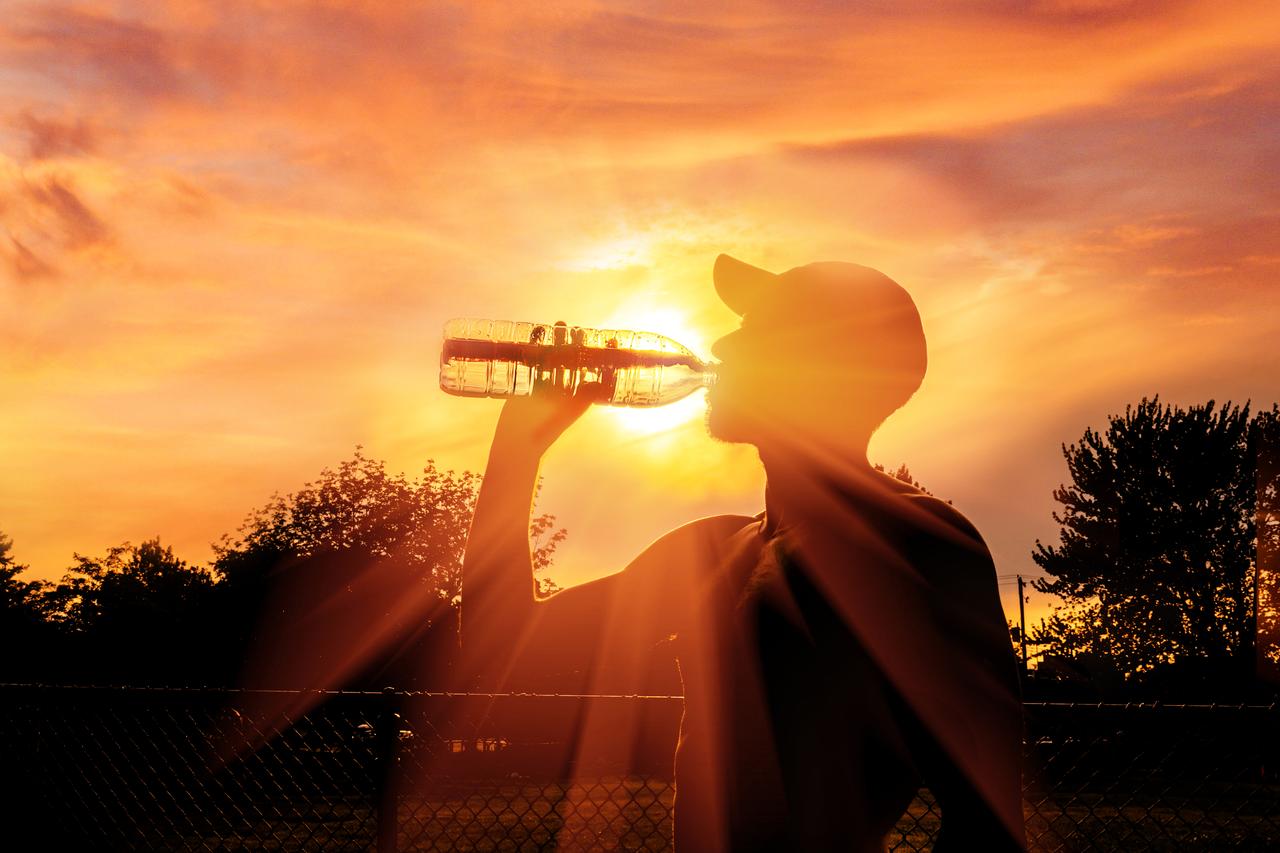
Hydration is the most essential part of heat protection. The WHO recommends drinking a cup of water every hour, even if you do not feel thirsty. Waiting for thirst to strike can mean your body is already low on fluids.
Aim to drink at least 2 to 3 liters of water each day. In hot weather, you may need more, especially if you are walking, sightseeing, or swimming.
Ways to stay hydrated:
Did you know you can also eat your hydration? Foods like watermelon, cucumber, grapes, and yogurt-based snacks are both refreshing and water-rich.
Many shops and vendors across Türkiye sell chilled mineral water, herbal teas, and fresh fruit cups. Take advantage of these offerings, especially in areas with high foot traffic and limited shade.
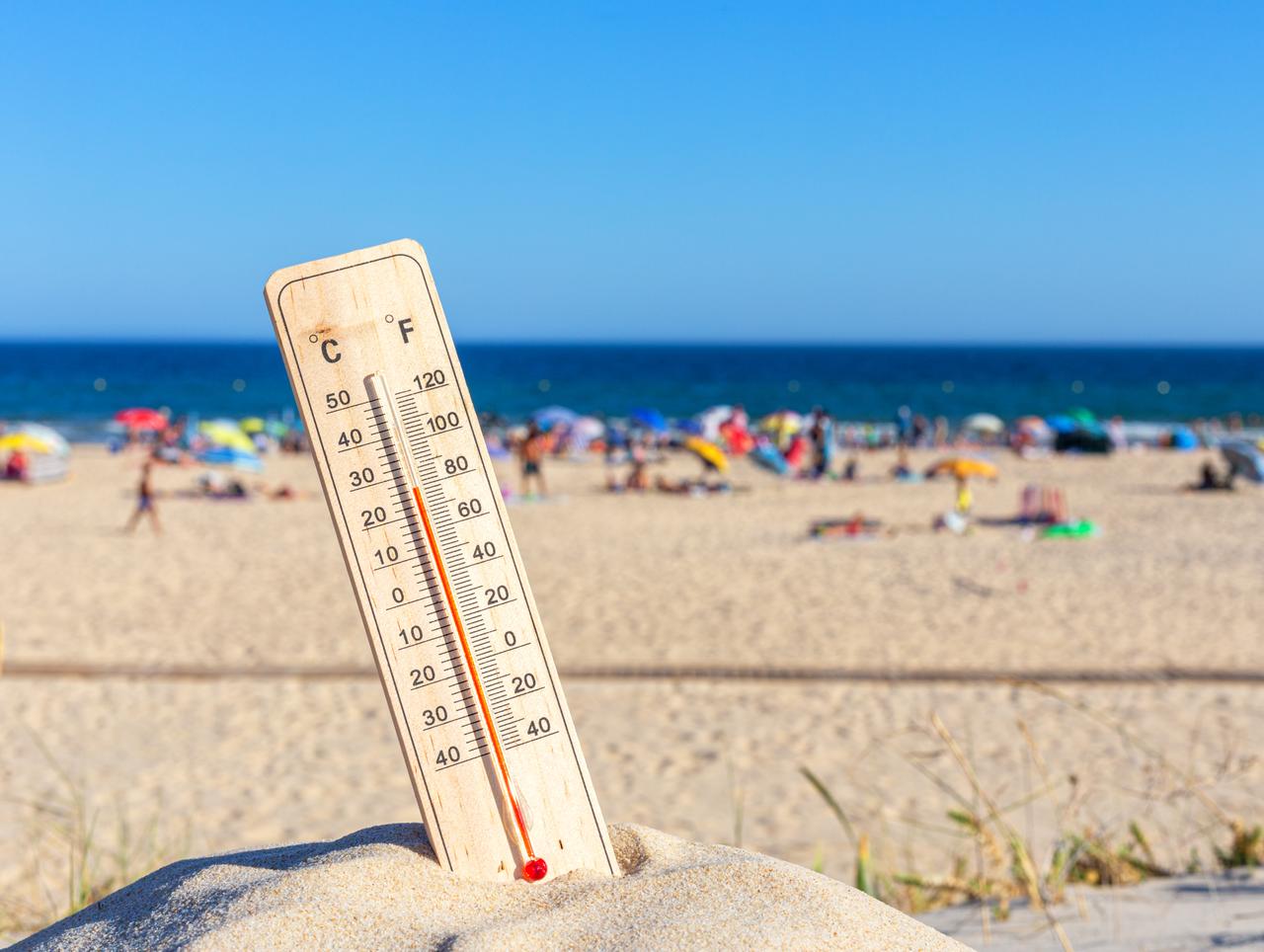
Your instinct may be to take a cold shower after being outside in extreme heat. However, medical professionals recommend using lukewarm water instead. Tepid showers or sponge baths allow the body to release heat gradually without triggering shock responses, which can occur if the water is too cold. This method is more effective and sustainable for cooling down.
Additional ways to lower your body temperature:
While it may sound counterintuitive, spicy meals and warm herbal teas can encourage circulation and sweating, which ultimately help regulate your internal temperature. This practice is common in many cultures and is increasingly supported by scientific studies.
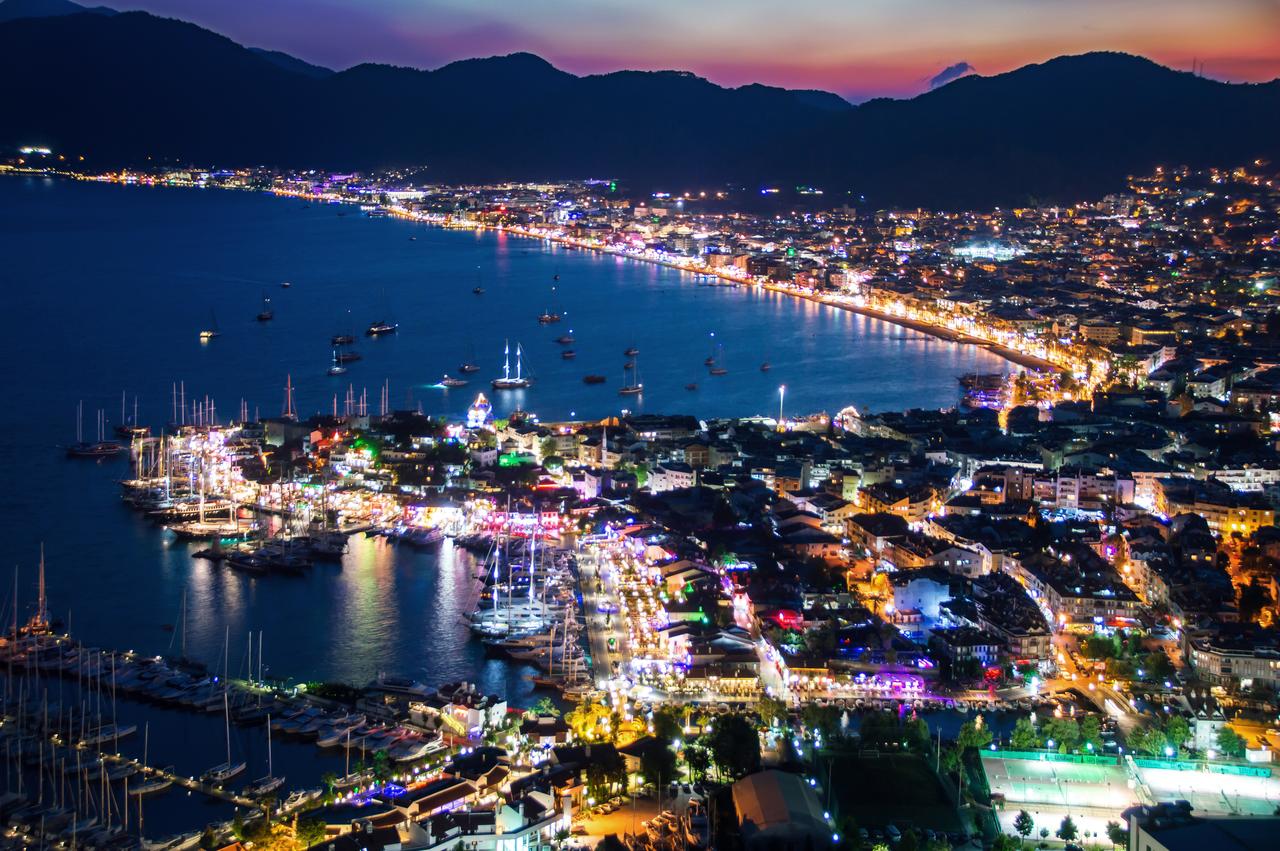
Keeping your body and surroundings cool is about strategy. Start by closing the curtains or blinds in your accommodation during daylight hours to block out direct sunlight. Open windows in the early morning or late evening to create a cross breeze. If your room has windows on only one side, consider using a fan to direct airflow through open doors.
When it comes to clothing, material and fit are key. Choose:
Footwear also matters. Avoid heavy trainers or boots and opt for sandals or breathable walking shoes, especially during long walks in cities or archaeological sites.
Portable fans are widely available across Türkiye. Handheld mini fans and traditional folding fans (“yelpaze”) are both practical and affordable. Using one during bus or tram rides, while waiting in queues, or sitting at a cafe can make a noticeable difference in comfort.
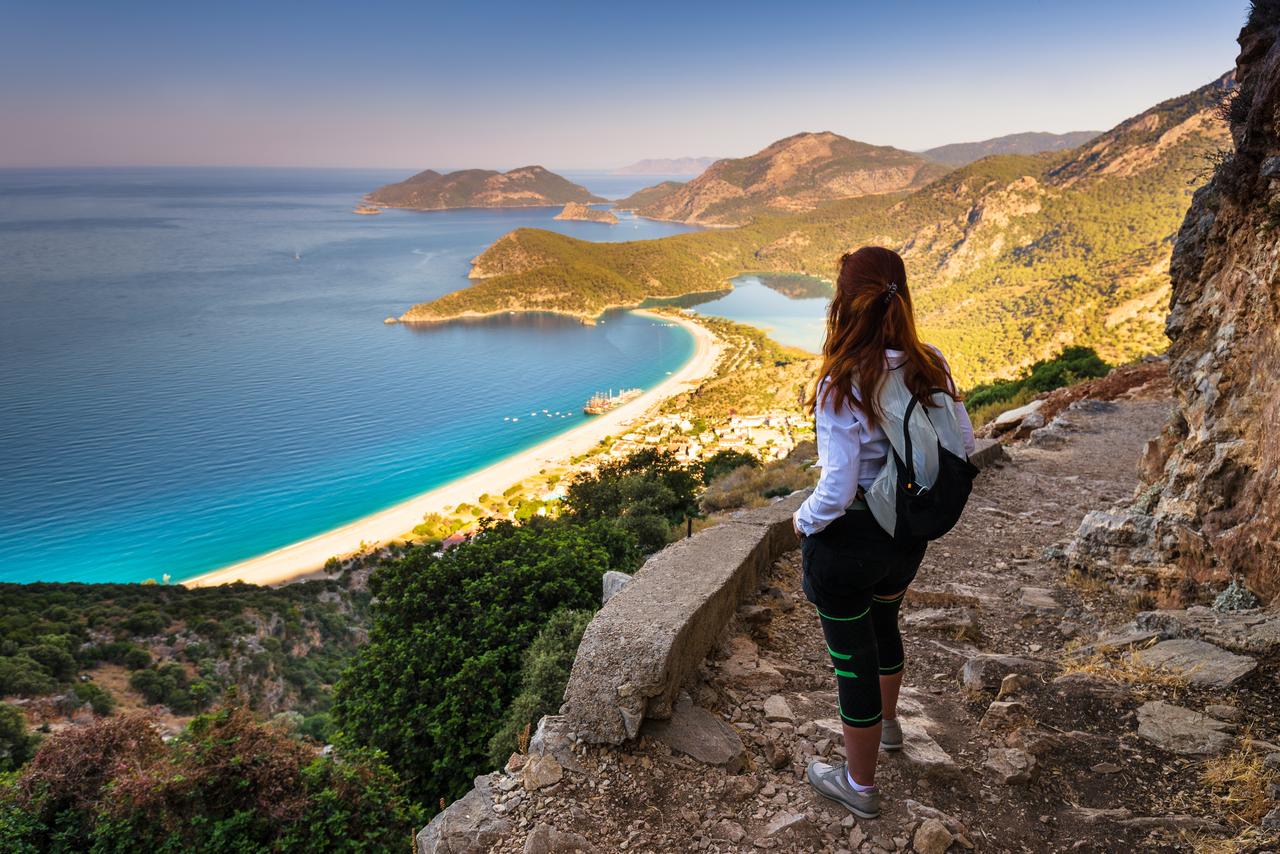
Overexertion in hot weather can be dangerous. Limit strenuous activities such as running, long walks, or hikes during peak hours. Schedule your excursions for the early morning or after 6 p.m., when temperatures begin to fall.
For meals, opt for light, frequent portions instead of large, heavy dishes. Salads, grilled vegetables, yogurt-based cold soups, and fruits are popular among locals during summer months for good reason. If you want to explore traditional Turkish flavors, you can also try lighter meze selections or chilled chickpea stews.
To make the most of your time:
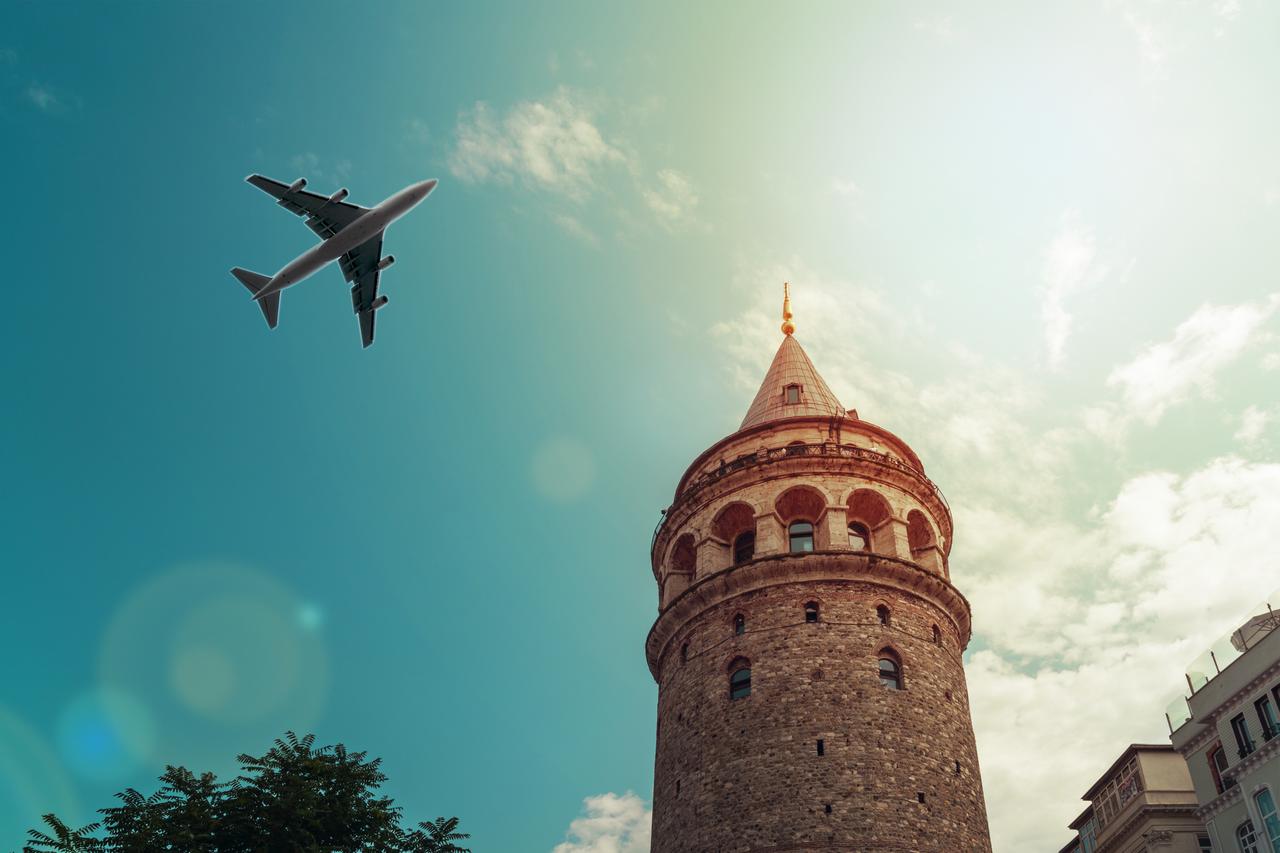
Heatstroke is a medical emergency. Symptoms may include confusion, dizziness, nausea, flushed or dry skin, and loss of consciousness.
If you or someone else experiences these signs, call 112 immediately. This number connects you to Türkiye’s emergency services, including ambulance, fire, and police. Operators are trained to assist in English and other common foreign languages.
While waiting for help:
Being prepared can prevent serious consequences. Türkiye has well-equipped hospitals and emergency responders, but early action is critical.
You can also protect yourself from reaching this point by spending two to three hours daily in a cool space, as the WHO advises. This may include hotel lobbies, libraries, malls, or museums. These spaces offer a break from the heat and are easily accessible in most urban areas.